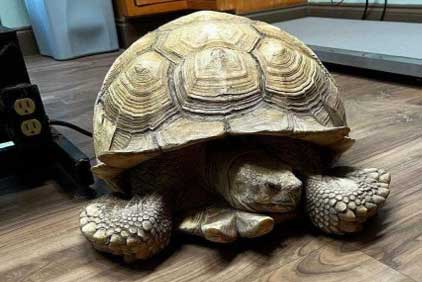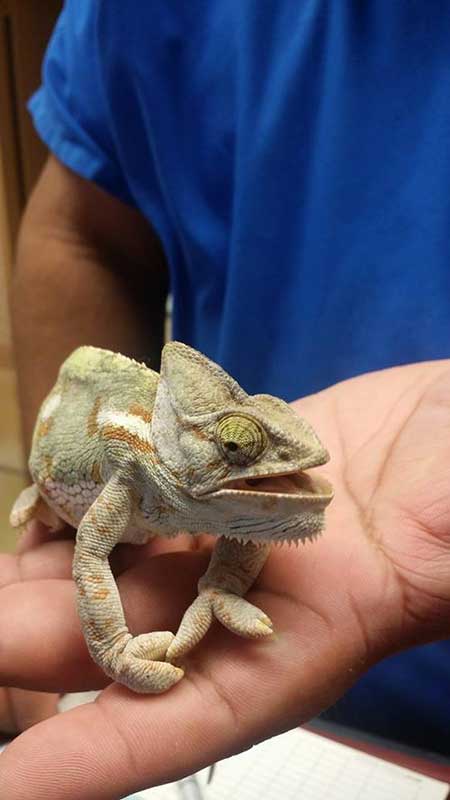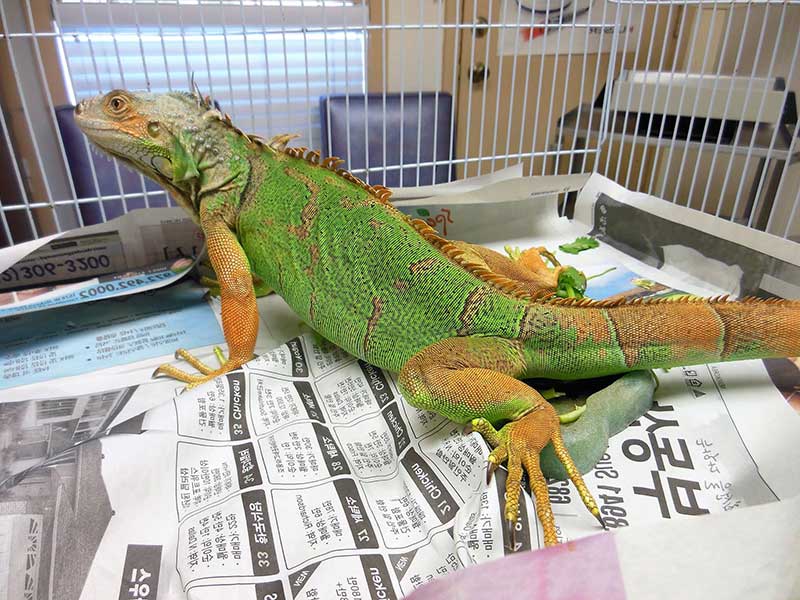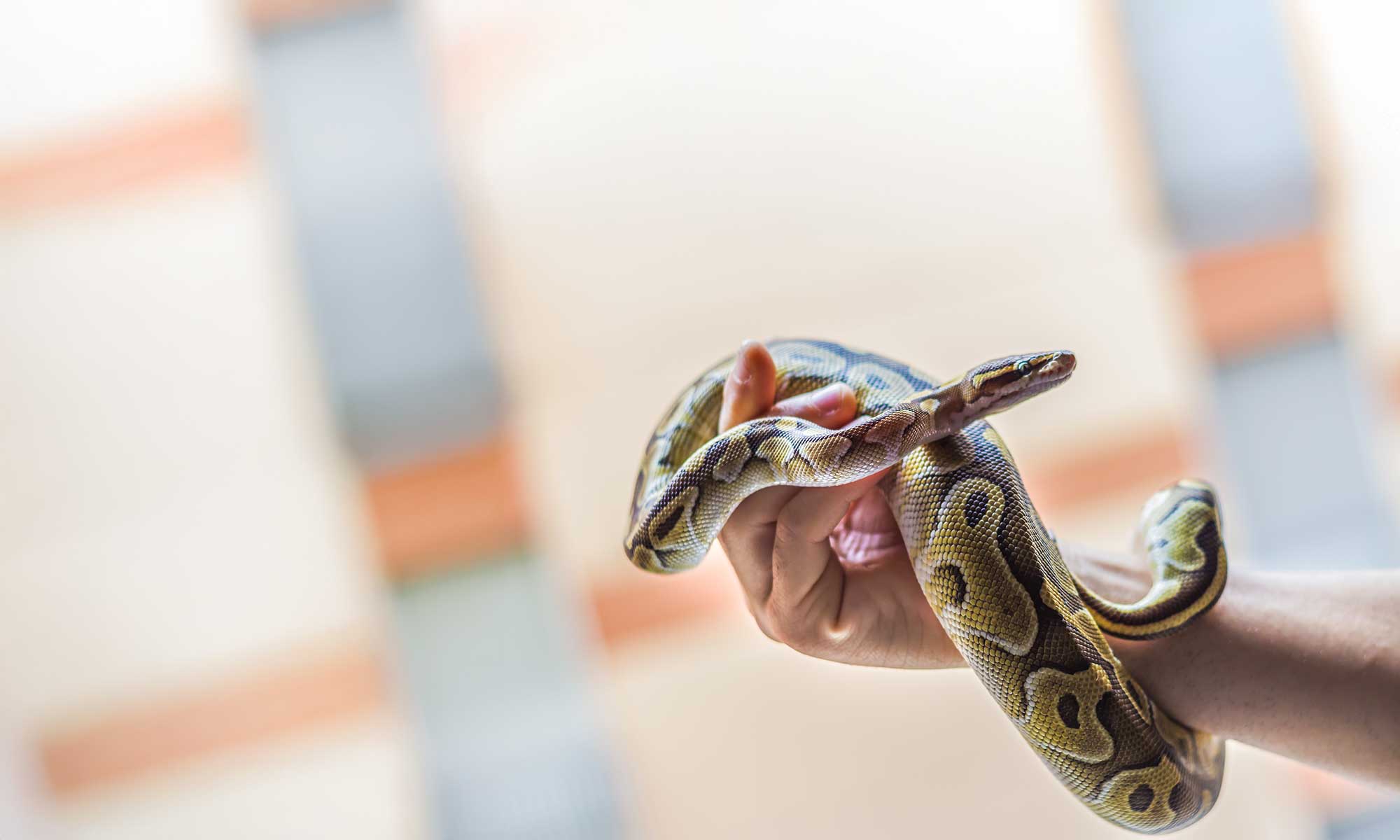Reptile Care in San Antonio

We love meeting, caring for, and treating reptile pets. From bearded dragons, skinks, and iguanas to snakes, geckos, and turtles, we see all sorts of scaly critters. If you’re newer to the world of reptile care, our team of veterinarians can share our best tips for husbandry and diet.
As with any exotic pet, husbandry and diet are key to the health of your scaly companion.
Husbandry Tips for Reptiles:
- Enclosure Size: Make sure your reptile's habitat is the right size for their species. Larger reptiles like iguanas need lots of space. Smaller species like geckos can thrive in more compact environments.
- Temperature and Humidity: Make sure you provide both warm and cool areas in the enclosure. Your reptile will need to move between them to regulate its body temperature. Use heat lamps, UVB lights, and hygrometers to maintain the right temperature and humidity for your specific type of reptile. See our aquarium fact sheet for more information on aquarium setup for one of the most popular species around: bearded dragons.
- Substrate: Choose a safe substrate, such as reptile carpet, coconut fiber, or aspen bedding. Avoid sand or substances they could accidentally ingest while eating. This can block their digestive system and cause serious health problems.

Diet Tips for Reptiles:
- Varied Diet: Most reptiles need a balanced mix of proteins (insects, small rodents), vegetables, and fruits, depending on the species. Herbivores like iguanas need more leafy greens, while carnivores like snakes rely on prey. This fact sheet for the ideal bearded dragon diet can give you a glimpse of the type of diet your reptile may need.
- Supplements: Dust your pet's food with calcium and vitamin D3 supplements to prevent deficiencies. This is especially important for reptiles that need UVB light.
- Fresh Water: Always provide a clean, fresh water source. For reptiles that need higher humidity, regularly mist the enclosure with dechlorinated water.
Just keep in mind that each species has specific care needs. If you're not sure what the best recommendations are for your pet's species, we're just a phone call away. We can make diet recommendations and give tips on setting up the healthiest environment.
We can also provide fact sheets, like this one for bearded dragon care, to help you set up the ideal enclosure for your new pet.

Diagnostics for Reptiles
It’s challenging to watch your reptile struggle with health issues. Even the smallest imbalance in your pet’s environment can cause all sorts of problems. We often see reptiles with the following conditions:
- Respiratory Infections: Often a result of incorrect humidity or temperature in the enclosure.
- Parasites: Internal (worms) or external (mites) parasites can affect reptiles' health.
- Shell Rot (in turtles/tortoises): A bacterial or fungal infection that affects the shell.
- Impaction: A blockage in the digestive tract from ingesting inappropriate substrate or objects.
- Metabolic Bone Disease (MBD): Caused by a lack of calcium or vitamin D3, leading to weak bones.
The team at Broadway Oaks Animal Hospital can diagnose and treat these issues in reptiles and provide treatment options to restore their health. We can also perform surgery on a case-by-case basis.
For a more detailed breakdown on the types of reptiles and other pets we see, visit our exotic pets page. Please note that we are unable to see frogs, fish, spiders, and any wild animals, including wild reptiles.
Reach out to our team at (210) 824-7481 to schedule an appointment for your reptile friend.

